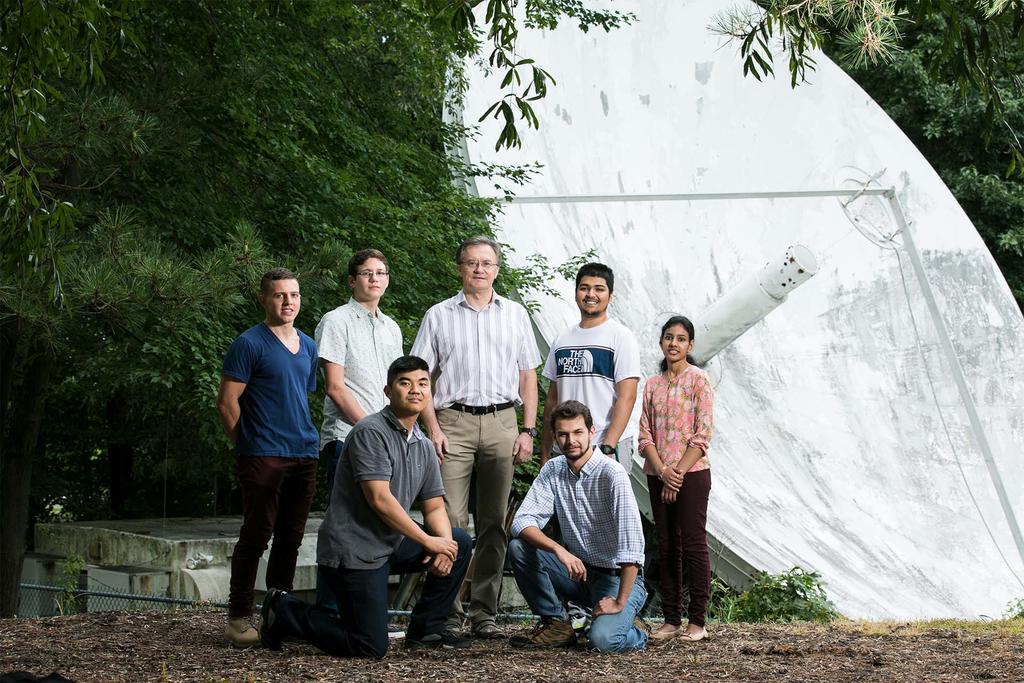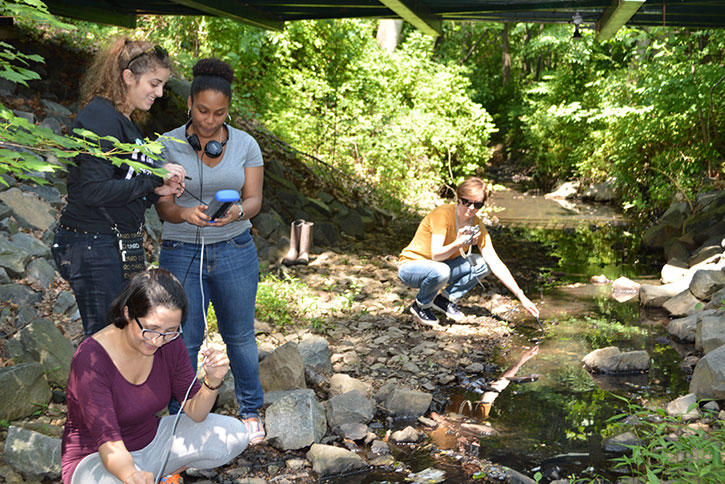When you study at Volgenau, your classes, labs, and workshops provide the training and experience that will make you competitive when you graduate.
Earning a degree at George Mason Engineering will enable you to combine science, theory, and application to create projects and solve problems while developing the soft skills needed for leadership and collaboration.
Our Program Offerings

Undergraduate Programs
Explore bachelor's degrees, minors, and accelerated BS/MS options in engineering.

Graduate Programs
Discover engineering master's degrees, graduate certificates, and PhD degrees.
Programs by Department
Each department offers a unique path into the engineering field. Discover our academic offerings by department to find focused degree options tailored to your area of interest.
